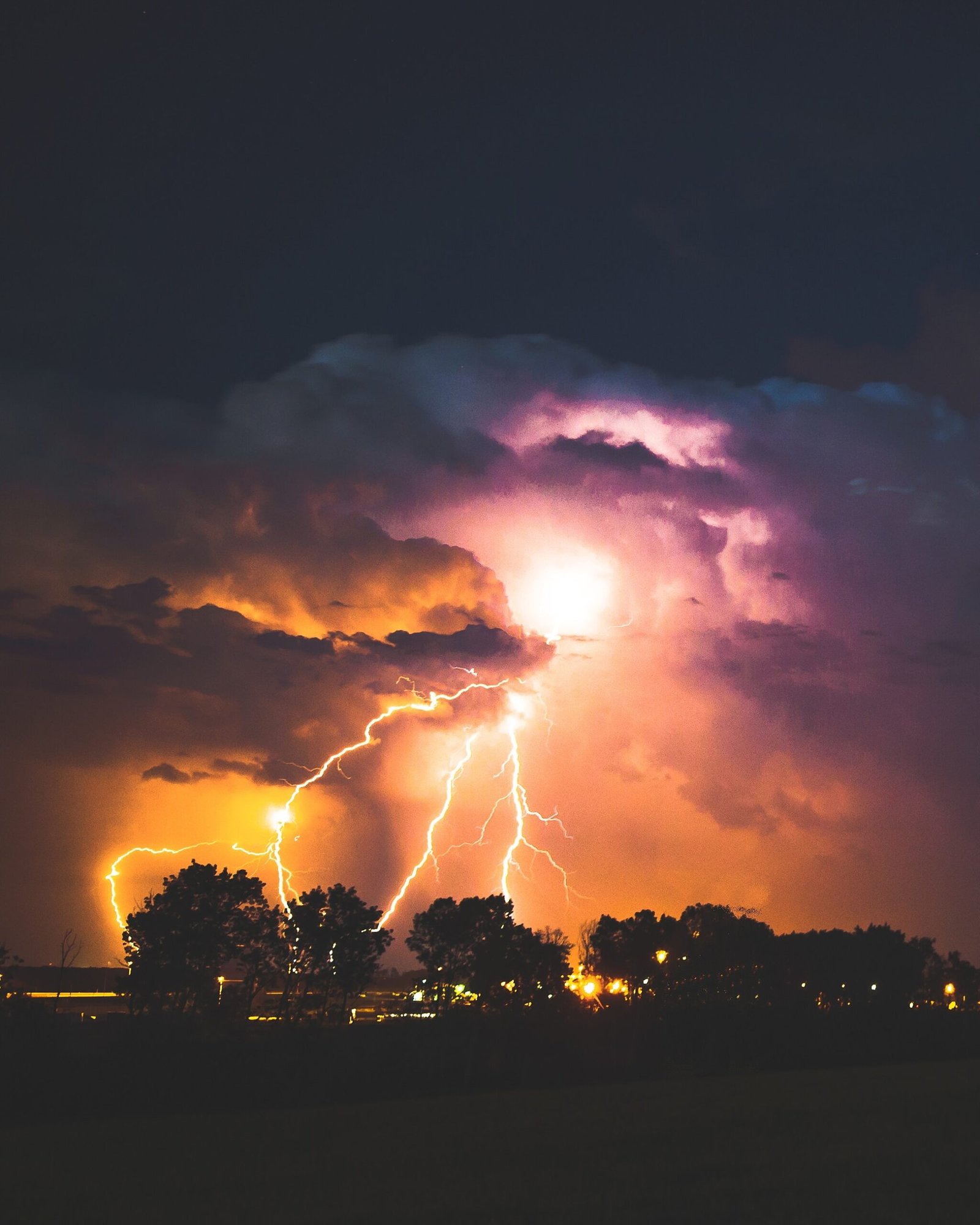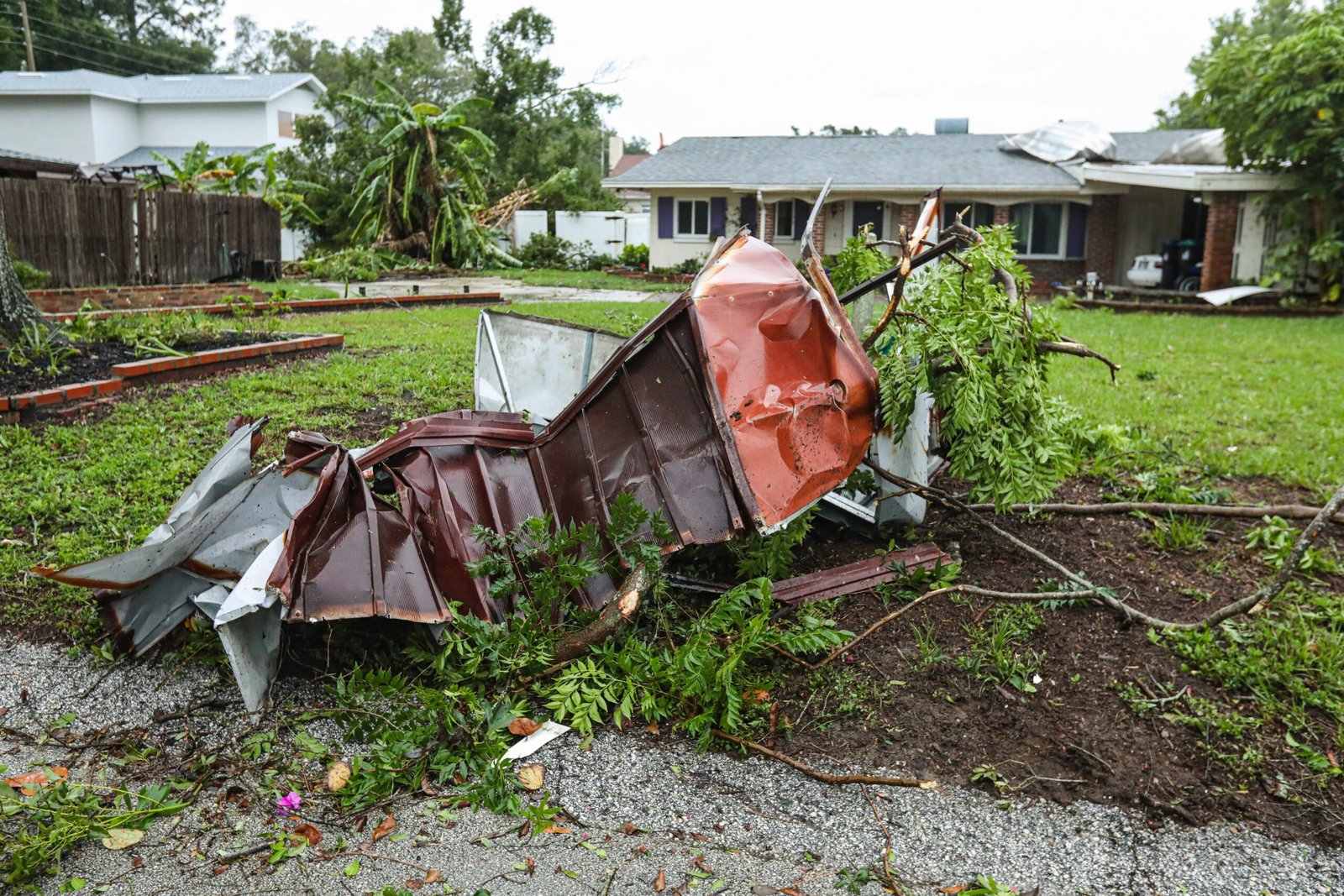Devastating Earthquakes Hit Western Japan, Leaving 48 Dead


Photo by Dave Goudreau on Unsplash
A series of powerful earthquakes struck western Japan, resulting in a tragic loss of life and widespread damage to buildings, vehicles, and boats. As the aftershocks continue to shake Ishikawa prefecture and nearby areas, officials are urging residents to stay away from their homes due to the risk of further strong quakes.
The initial quake, measuring a magnitude of 7.6, struck the area on Monday afternoon, leaving a trail of destruction in its wake. The death toll currently stands at 48, with thirty confirmed fatalities in Ishikawa alone. In addition, fourteen individuals have sustained serious injuries.
The extent of the damage caused by the earthquakes is immense, making it difficult to assess the full impact on homes and infrastructure at this time. Thousands of buildings have been affected, and the destruction of vehicles and boats further compounds the devastation.
Local authorities are working tirelessly to provide assistance and support to those affected by the earthquakes. Rescue efforts are underway to locate and aid survivors, while emergency services are working to ensure the safety and well-being of the affected population.
As the aftershocks continue, it is crucial for residents to heed the warnings of officials and stay away from their homes. The risk of further strong quakes poses a significant danger to individuals and could potentially exacerbate the existing damage.
The impact of these earthquakes extends beyond the immediate loss of life and physical damage. The emotional toll on the affected communities is immense, as families mourn the loss of loved ones and grapple with the aftermath of the disaster. It is essential for support networks to be in place to provide counseling and assistance to those in need.
Japan is no stranger to seismic activity, being located in the Pacific Ring of Fire, an area prone to earthquakes and volcanic eruptions. The country has implemented stringent building codes and disaster preparedness measures to mitigate the impact of such events. However, the sheer force of these recent earthquakes has tested the resilience of even the most robust structures.
Efforts are now underway to assess the extent of the damage and begin the process of rebuilding. The government, along with local authorities and international aid organizations, will work together to provide the necessary resources and support to affected areas.
It is important for the global community to stand in solidarity with Japan during this challenging time. Donations to reputable relief organizations can make a significant difference in providing aid and support to those affected by the earthquakes.
As the recovery and rebuilding efforts continue, it is crucial to learn from these devastating events and further enhance disaster preparedness measures. By continually improving infrastructure resilience and implementing effective early warning systems, the impact of future earthquakes can be minimized.
These earthquakes serve as a stark reminder of the unpredictable nature of natural disasters and the importance of being prepared. While Japan mourns the loss of lives and begins the process of healing, the resilience and determination of its people will undoubtedly prevail.







